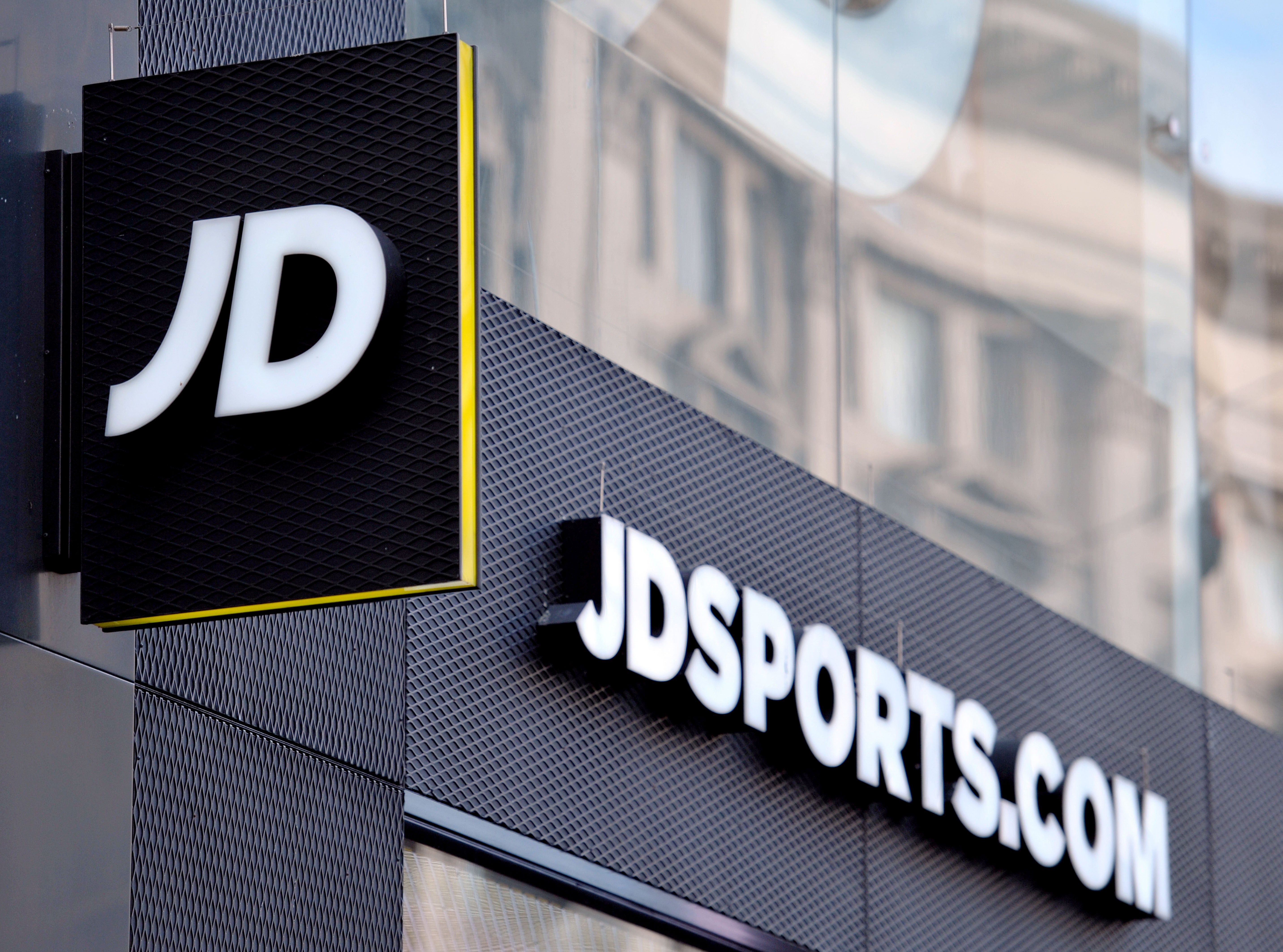Can an overhauled JD keep its crown as ‘King of the streets’ in tough times?
The group, long dominated by Peter Cowgill, has been rocked repeatedly by scandal. But will a more conventional structure rob it of its edge?

JD Sports Fashion proclaimed itself “King of the streets” in its 2021 Christmas ad. The man who put it on that throne was a bluff, 69-year-old white guy.
Peter Cowgill could be the antithesis of cool. He is now out of a business, which last week promised to overhaul the quixotic structure he had put in place and bring itself more in line with what’s considered best practice in corporate Britain. Can it do that without throwing the baby’s new Nikes out with the bathwater?
Cowgill was the finance director at JD’s float in the 1990s, and has led the company since 2004, having been brought back into the business after it had started to wobble.
Had you put £100 into JD shares on its market debut, they would today be worth nearly £4,000, which would buy a shelf full of fancy trainers. At its peak, JD was worth nearly twice that. Heady stuff for a British company that has yet to reach its 30th anniversary on the stock market.
I visited a couple of shopping centres when Britain reopened its “non-essential” retailers after the first Covid lockdown. Both were eerily quiet, but among the shoppers I talked to were a couple of young men, decked out in the clothes JD sells, and laden down with JD bags.
They were picking up trainers to sell on eBay. JD offers a range of exclusives, through deals with the likes of Nike and Adidas, that collectors clamour for. Youthful entrepreneurs who are sufficiently plugged in can make a handy return on the secondary market, because JD is plugged in.
Peter Cowgill’s genius was that he managed to keep the finger of this remarkably successful retailer on the pulse of Gen Z. Especially urban Gen Z. He filled the business with people who understood that market.
But JD wasn’t – isn’t – just about smart young executives alive to what makes its diverse, and youthful, customer base tick. There’s a place for the nerds there, too. An important one. JD is relentlessly data-driven. It picks up on trends and reacts quickly to them.
Some things about this business under Cowgill’s leadership were what smart, but otherwise more conventional, companies do.
Despite all this, his dominance of the company, and his approach, created problems, and led to a succession of avoidable scandals. His buccaneering style got JD into trouble, most infamously when he met his counterpart from Footasylum in a Bury car park in the midst of a battle with regulators over the two companies’ proposed tie-up. It was less cloak and dagger than it was amateur hour. A chunky fine ensued.
I once raised JD’s eccentric governance with Cowgill, who held the roles of both chair and chief executive. He pointed to the company’s impressive results and growth, and then asked what value a City suit who wasn’t clued into the business could add in the chair’s office. How would shareholders be served by having someone brought in to get in his way?
Car-park-gate, and the company’s other issues, offered the answer. An experienced chair could have helped him avoid such shenanigans if he had agreed to one being installed above him; they could have helped him to navigate the company’s difficult relationship with the competition watchdogs, and kept an eye out for other potential traps.
Cowgill wasn’t willing to put it to the test when the company’s investors – it is majority owned by the Rubin family – and directors demanded change.
Now it needs to find a leader who can retain its entrepreneurial spirt and its cool, while managing its growth – it is now a global player and has pulled off a string of deals – in the midst of considerable economic turmoil. People like that can be hard to find.
In its favour, JD might be better positioned to handle the current turmoil than people think. Its youthful customer base mostly don’t have things like mortgages or children to worry about. Their take-home pay has been rising, with an increasing minimum wage, and with many more companies following the voluntary Living Wage, which is considerably higher, than are accredited by the campaign. They want JD’s product.
However, profits are expected to flatline. Growth will be limited in the short term.
It is ultimately to be hoped that JD’s board can pull it off, because there are stakes here.
The company poses an important test for those of us who have long advocated sensible, modern governance, in line with Britain’s code, and who have argued that this shouldn’t act as the break on performance that Cowgill implied it would.
An overmighty boss – however skilled – can be as much hindrance as help, as JD’s recent history has demonstrated.






Join our commenting forum
Join thought-provoking conversations, follow other Independent readers and see their replies
Comments